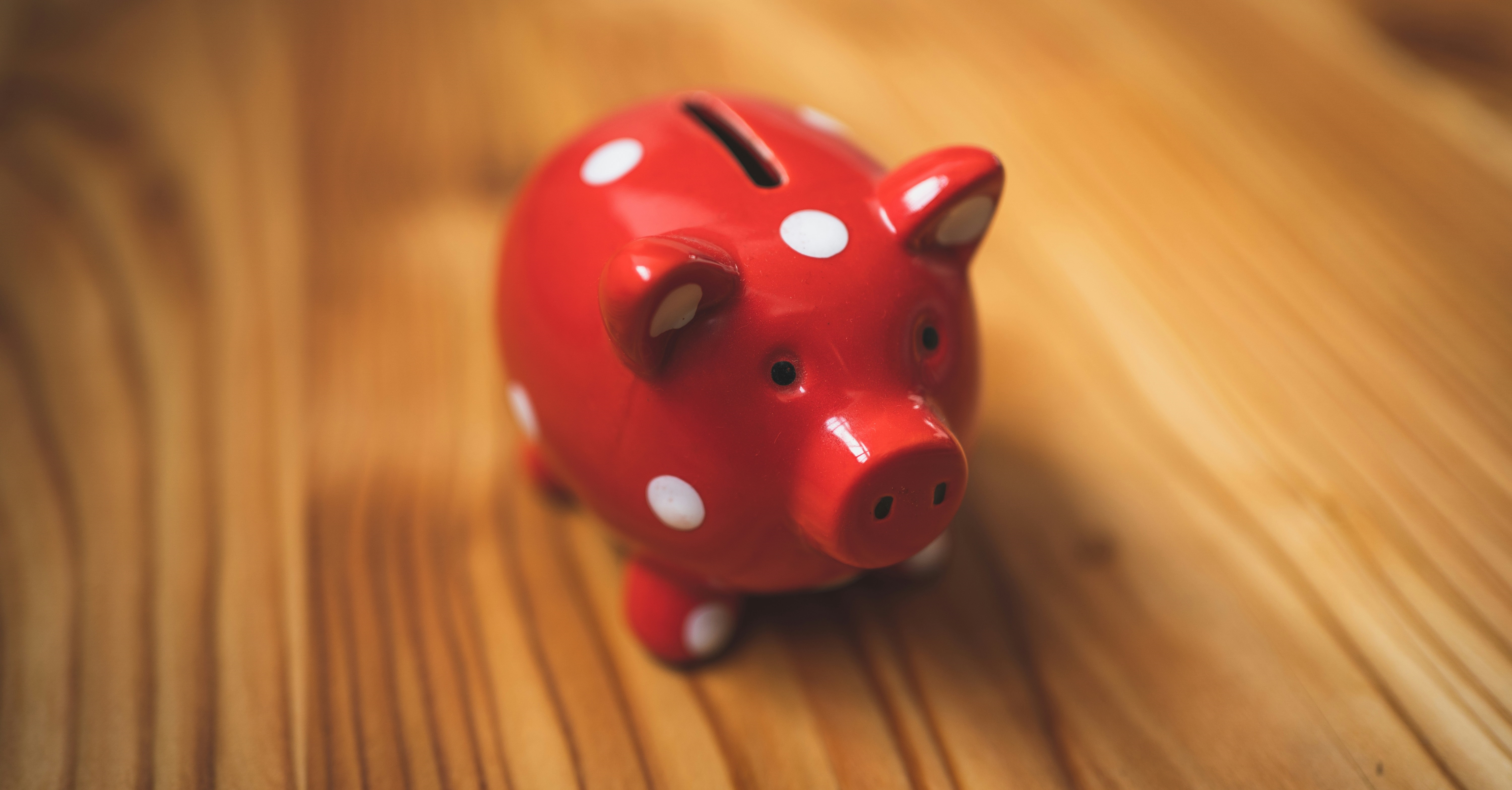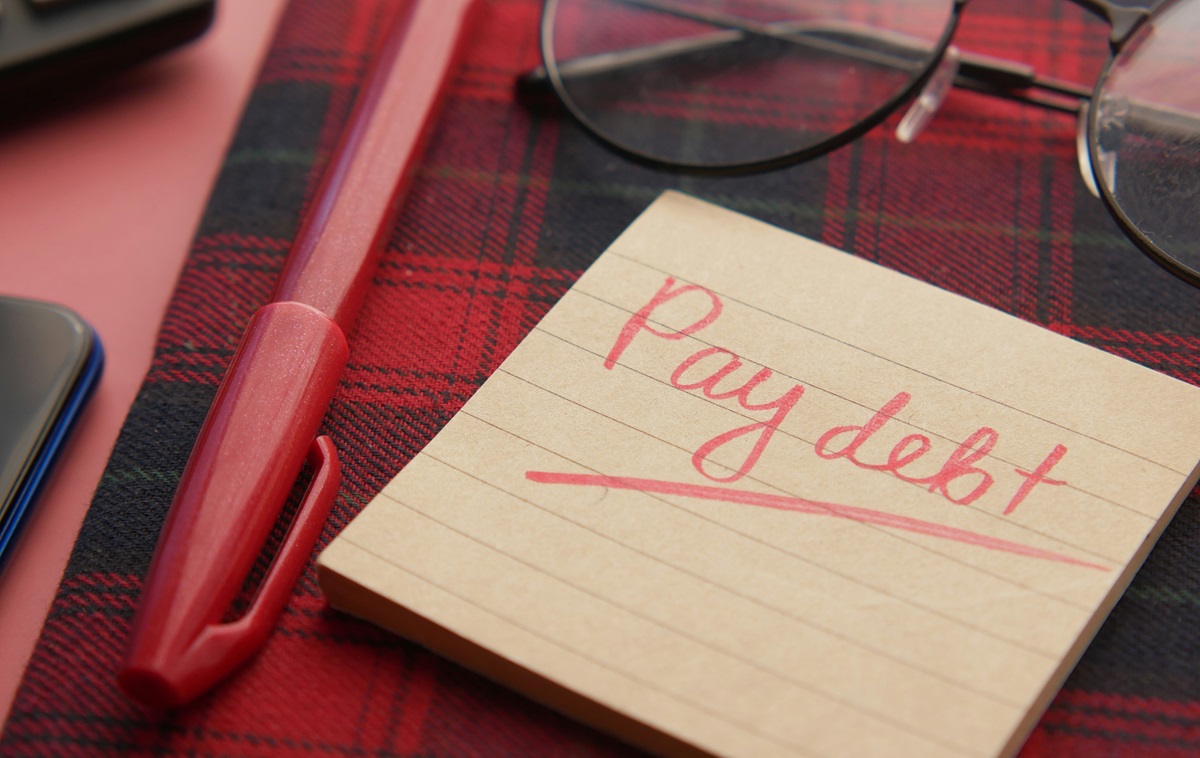Christian Charest: For Morningstar, I'm Christian Charest. We all know we should be saving money for a rainy day. But putting aside three to six months' worth of income in an emergency fund is a lot easier said than done. I'm here today with Christine Benz, she is Morningstar's Director of Personal Finance, and she has written extensively on this very important personal finance topic that often gets neglected.
Now, Christine, you've come up with some steps on how to set up an emergency fund. But before we get to that, can you explain to us what exactly we usually understand to be an emergency fund?
Christine Benz: An emergency fund is really valuable for your financial plan because if in a pinch, whether it is a big doctor's bill or a big veterinary bill, or some house repair that you have to make, whatever that unexpected cost might be, you will not have to resort to unattractive forms of financing to pay for that bill. So, in lieu of racking up credit card debt, for example, you build an emergency fund to cover you in case of unanticipated expenses.
Charest: And how big of a fund are we talking about normally?
Benz: Well, as you said, the standard rule of thumb is three to six months' worth of living expenses. But I do think that people need to kind of take a step back and right-size their emergency fund. So, if you are a young accumulator, you could probably get away with saving toward the low end of that range, so more like three months' worth of living expenses and maybe even a touch lower if you are someone who could get by with getting a roommate or making adjustments to your living expenses.
But the more sophisticated and the more complicated your financial life gets, the more you'd want to think about saving an even larger than that three to six months' worth of living expenses. So, people with higher incomes and/or more specialized career paths, well, if you encounter job loss and you are someone in that situation, it's probably going to take you longer to replace that higher-paying, more specialized job. So, you'd want to think about setting aside even more than six months' worth of living expenses. I think you also want to think about the volatility of your human capital. So, if you are someone who is working on commissions, for example, and you find that when the going is good, your paychecks are high, but when the times are lean, your paychecks are lower. You'd want to think about setting aside a larger emergency fund than even six months' worth of living expenses.
Charest: Now, you've come up with a 4-step process for setting up an emergency fund. Can you walk us through it? What's the first one?
Benz: So, the first step is what we just covered really, that's rightsizing your emergency fund, so looking at your day-to-day living expenses, looking at your monthly living expenses. You could subtract out things that you may be able to make do without in a pinch. So, for example, if you have a housecleaner or if you like to dine out a lot, well, you would probably -- in case of job loss, you would probably cut back on those discretionary expenses. So, determine your own living expense need and then right-size it by whatever number of months you've determined is adequate, as we talked about: lower if your life is simpler and larger if your financial life is a little more complicated or your career path is more specialized. So, use that as a starting point for just deciding how much to save in the first place.
Charest: So, once you know how much you need, most people don't start at zero, they already have some savings.
Benz: Some people do, yes. So, look at what you have on hand already. What you want to be careful about though is that if you have investments that you have stashed in various accounts, if they are in, say, mutual funds that have some residual cash reserves, you don't want to count that because that couldn't be money that you could call upon your fund manager to liquidate. You couldn't say, I just want my cash piece; I don't want you to sell any stocks. So, look at your liquid reserves, money that you have in truly liquid investments that you could liquidate without doing any harm to your investment plan.
Charest: So, figure out how much you need, figure out what you already have. What's the third step?
Benz: The third step is to subtract the amount that you have on hand from your target. And the amount that's left over is savings target that you need to have for that emergency fund. You can work on building that up over a period of months. Sometimes people wrestle with, well, how do I decide whether to save in this emergency fund or put money away for the long term? And really, when you are thinking about those priorities, that emergency fund should come first. It should trump investing for long-term goals because the potential of unanticipated expenses to disrupt your financial plan is significant. So, it could have significant repercussions for your investment plan.
Charest: And the fourth and final step?
Benz: The final step is to home in on appropriate investments for your emergency fund. As I mentioned, you want to keep the money really liquid. So, here you are thinking about money market accounts, online savings accounts, you might be able to pick up a little bit of a higher yield with them. GICs would be another option. But this is money that you may need in a pinch. So, you don't want to have this money invested in any sort of long-term investments. Stocks would be an absolute no-go.
Charest: Any other steps that you would recommend to investors to really solidify their position?
Benz: Well, in addition to setting aside those liquid reserves, you might also look at whether you can find liquid assets in other parts of your investment plan. So, people in a pinch can get money out of their TFSAs without any tax or penalty repercussions. So, that's one thought. Homeowners might also think about lining up a home equity line of credit. Again, this shouldn't be your first line of reserves. But if you are someone who, say, has very volatile human capital or maybe a lumpy income stream, you could think about lining up additional reserves in the form of instruments like those.
Charest: Christine, thank you very much for explaining all this to us today.
Benz: Thank you, Christian.
Charest: For Morningstar, I'm Christian Charest. Thank you for watching.









:quality(80)/cloudfront-us-east-1.images.arcpublishing.com/morningstar/EC7LK4HAG4BRKAYRRDWZ2NF3TY.jpg)










